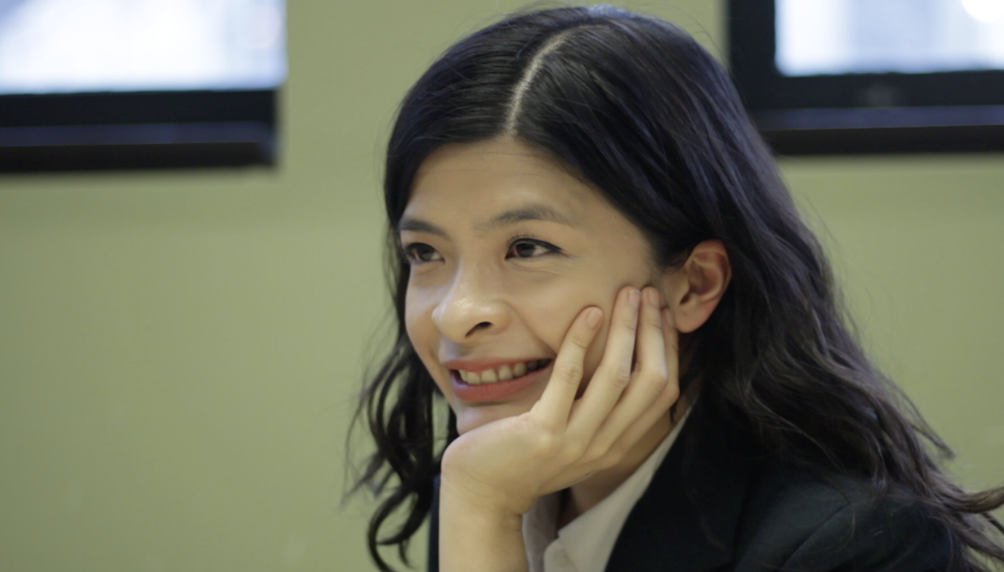Patricia Evangelista, a multimedia journalist for the online Philippines-based news organization Rappler, examined the responsibilities of journalists telling trauma survivors’ stories in a lecture hosted by the McGill International Review (MIR) and the McGill University Filipino Asian Students’ Association on Nov. 26.
As a specialist in trauma journalism, Evangelista has reported on natural disasters, conflicts, and global development issues. Evangelista is the 2019 Marshall McLuhan Fellow, a role awarded by the Canadian embassy in the Philippines to promote responsible journalism and support democracy.
Focussing on current events in the Philippines, she explained that, in covering topics from hurricanes to sex trafficking, special precautions must be taken to ensure the safety and wellbeing of survivors.
“We are voyeurs at the worst parts of [traumatized people’s] lives,” Evangelista said. “It is a privilege to be there. And we can do so much to damage them in the aftermath.”
Journalists, Evangeslita addressed, must use various strategies to avoid causing further harm in forcing people to relive their trauma.
“We offer sympathy, not a claim of understanding,” Evangelista said. “We don’t say, ‘I know how you feel,’ because we can’t know, and to pretend is to patronize and insult them. We accept refusal with courtesy. [….] We offer them control and agency.”
Throughout her lecture, Evangelista referenced stories that she had written about survivors of the 2013 Super Typhoon Haiyan that devastated the Philippines, many of whom had to watch strangers or family members drown during the ensuing floods, as well as pieces on child sex trafficking and state-sanctioned killings. Within the context of these stories, Evangelista recognized the limits of journalism.
“We don’t promise justice or safety or the possibility of a change in policy, because we can’t [do] any of that,” said Evangelista. “We just promise to tell the story the best way [that] we can.”
Evangelista outlined certain rules that should be followed in order to interview trauma survivors effectively and respectfully. Although extracting information from survivors is a delicate task, she claims its necessary to accurately reflect and communicate the realities of conflict to the world.
“For people to be able to help, to move, to care, they have to be able to see,” Evangelista said. “Trauma journalism is about making people imagine. The rule of thumb is this: If people drown, I need to know enough to drown with them, so I can tell you what I saw.”
However, as Evangelista explained, survivors of a traumatic event should not be defined exclusively by their pain.
“The story also involves resilience, courage, the height of the human spirit, the community spirit,” Evangelista said. “All of these are important to the narrative.”
Helena Martin, U3 Arts, shared how the lecture’s subject matter was deeply moving to her because she grew up in the Philippines.
“A lot of the issues [Evangelista] was talking about were issues [that] I grew up seeing,” Martin said. “Stories about trauma, I could really relate to those more.”
Alec Regino, Editor-in-Chief of MIR, explained how events such as Evangelista’s lecture can spread awareness of international issues within the McGill community.
“These events [are important] because they allow students to intimately connect with issues from all over the globe,” Regino wrote in an email to The McGill Tribune. “While it’s valuable to read an article online about the War on Drugs in the Philippines, to hear the lived experiences of people who are directly affected forces you to approach these issues more critically.”
Regino believes that student journalists can benefit from learning how to report empathetically.
“For me, Evangelista’s talk served as a reminder that it is imperative that student journalists provide agency to the people [they are] reporting about,” Regino wrote.







